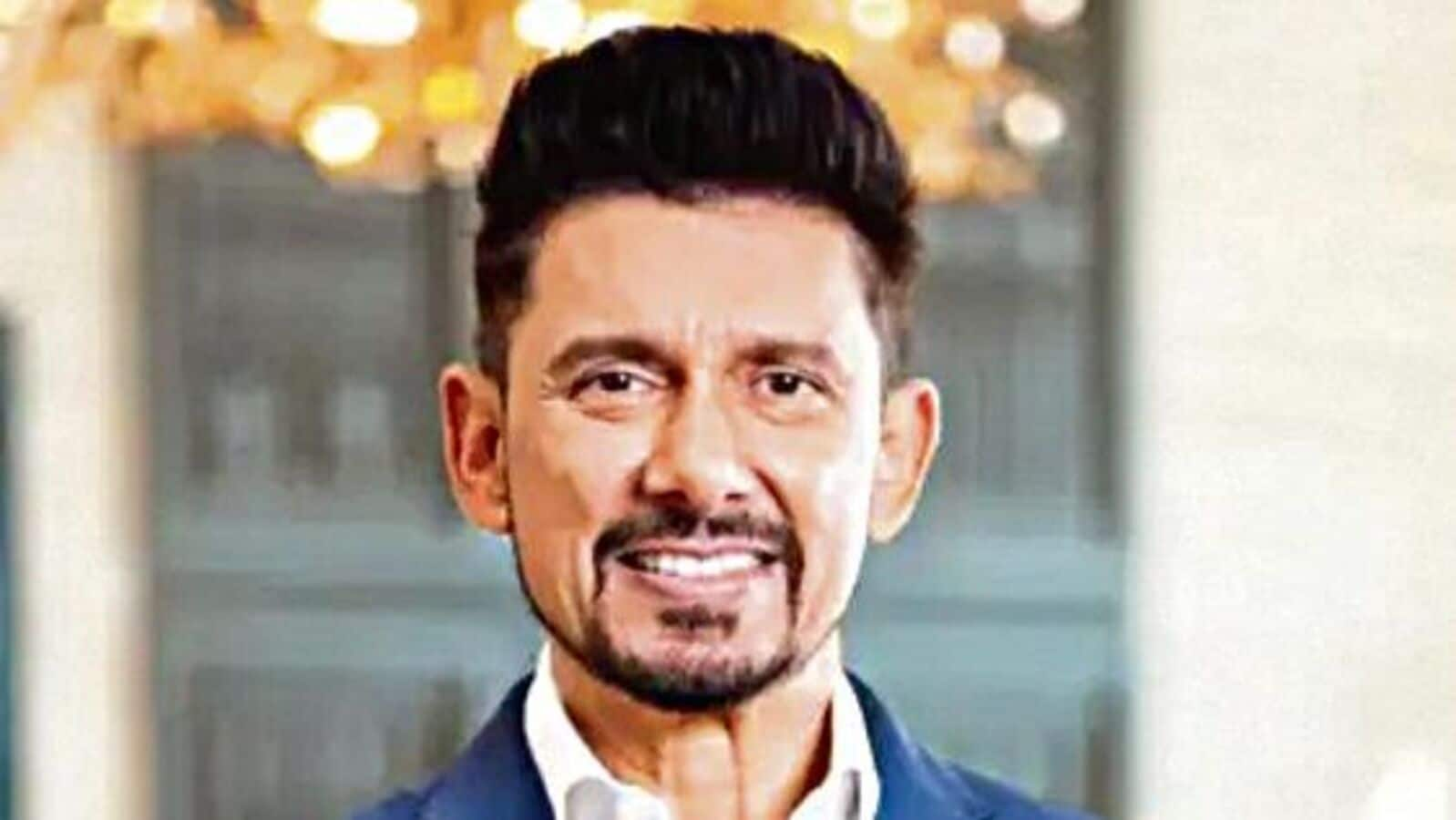“Cardiovascular and thoracic surgeon, healthcare innovator, tech innovator, producer and storyteller”: Dr Shriram Nene wears multiple hats that very naturally converge on one common subject: health. Moving to India from the US in 2011 with a vision to scale medicine and make it accessible to the country’s billion-strong population through media and health tech, Nene today seems comfortable juggling multiple roles outside the operating room. Besides founding the AI-driven platform, Pathfinder Health Sciences that “reimagines preventive care”, he is also gaining recognition as a longevity expert who has been invited to speak on the subject at events such as IISC’s RISE – For Healthy Aging Longevity India Conference 2025 and the INK Experience at the 2024 TiE Global Summit in Bengaluru. And then there’s his turn as a health influencer where he regularly doles out health and life advice on social media to his 500k plus followers.
“For me, social media is simply another operating theatre—just one where the scalpel is information,” he says in an email interview with Lounge on the sidelines of the Radiant Wellness Conclave 2025 recently held in Chennai, where he was a speaker. Edited excerpts:
You have become a longevity evangelist in the country today. What is it about this field that drives you especially when a lot of it, in terms of solutions, remains ambiguous and inaccessible to most of us?
For me, longevity is not just about adding years to life—it’s about adding life to those years. Science is evolving rapidly, but even today we know enough to meaningfully change outcomes. I’m drawn to this field because I’ve seen, as a surgeon, what happens when we only intervene late in disease. By shifting the focus to prevention and optimization, we can help people live not just longer, but better, more productive lives. And yes, not everything is accessible right now—but by building awareness, lowering costs through technology, and engaging the right stakeholders, we can make cutting-edge interventions mainstream over time.
Do you think people have a mistaken idea that attaining longevity ought to be easy as popping a pill? What are some key misconceptions in the longevity discourse?
Absolutely—there’s a tendency to oversimplify longevity into a quick fix. The truth is, no pill or supplement will replace the fundamentals. The five pillars—nutrition, exercise, sleep, hydration, and mindfulness—are the foundation. Longevity is more of a disciplined daily practice than a miracle product. Another misconception is that longevity is purely about science and tech—it’s also about social connection, purpose, and resilience. And importantly, the interventions are not one-size-fits-all; they must be personalized.
We could be disciplined about diet and exercise, but there are factors outside our control like the quality of air we breathe that impact our lifespan. Would you say policymakers need to be brought into these conversations now?
Longevity is influenced by factors far beyond our individual control—air quality, water safety, urban design. In India, air pollution alone can take years off life expectancy. That’s why public policy has to be part of the conversation. If we can mobilize policymakers, urban planners, and public health experts to address environmental determinants of health, we can create a foundation where individual lifestyle choices have a fighting chance.
Indians are workaholics and going by recent reports, bad sleepers as well. Do you think we need to establish better boundaries with work?
Our culture often glorifies overwork and undervalues rest, but sleep is not a luxury—it’s a biological necessity. Poor sleep affects everything from cardiovascular health to mental clarity. Indian office-goers absolutely need healthier boundaries: scheduled down time, protected sleep hours, and workplaces that value output over hours logged. Awareness is high, but implementation is poor. This is where leadership and workplace policy have to shift.
There’s a tendency to oversimplify longevity into a quick fix. The truth is, no pill or supplement will replace the fundamentals
In your own pursuit of health, you’ve gone vegan and cut out alcohol from your diet. Was making that lifestyle shift difficult? What lessons did you learn along the way?
Was it hard? At first, yes. Any major shift challenges your habits, your social circles, even your palate. But my motivation was crystal clear: I wanted to walk my talk on health, minimise inflammation, and optimize my long-term wellbeing. Over time, it became second nature. The big lesson? When your “why” is strong enough, the “how” becomes much easier. And you learn that pleasure doesn’t have to come at the cost of health.
Non-negotiable habits that you follow every day?
1. 7–8 hours of quality sleep—it’s the master reset.
2. Daily exercise—a mix of strength, cardio, and flexibility work.
3. Whole-food, plant-based nutrition—fuelling, not just feeding, my body.
4. Hydration—starting the day with water before anything else.
5. Mindfulness—a few minutes of meditation or reflection to set my mindset.
6. Continuous learning—reading or listening to something that challenges my thinking.

